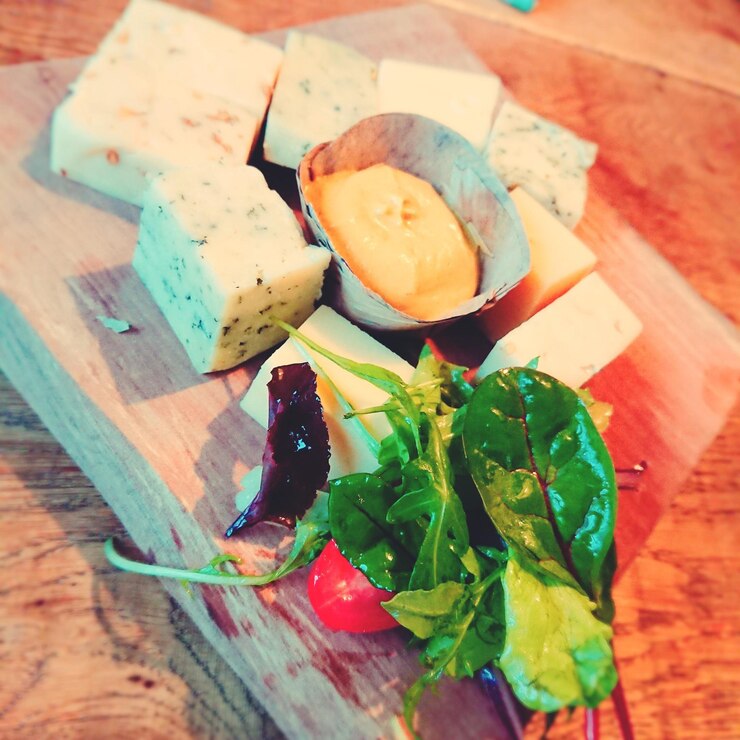Nigeria’s agro-food sector, particularly the dairy industry, is experiencing significant growth, driven by a population exceeding 227 million and increasing demand for dairy products.
Despite this potential, the sector faces challenges such as infrastructure deficits, reliance on imports, and branding complexities. Landor Group, a prominent dairy producer from Tunisia, has entered the Nigerian market, aiming to navigate these challenges and establish a strong brand presence.

Nigeria’s Dairy Industry Landscape
The Nigerian dairy industry is characterized by a fragmented structure, with traditional pastoral systems contributing approximately 95% of raw milk production. However, these systems often lack modern infrastructure, leading to inefficiencies and quality control issues.
Consequently, Nigeria imports about 70% of its dairy consumption, spending approximately US$1.5 billion annually on dairy imports.
Landor’s Entry into the Nigerian Market
Established in 1994, Landor Group has become a significant player in the Middle East and North Africa’s dairy industry. With a diverse product portfolio, including mozzarella, cream cheese, and cheddar, Landor has expanded its operations to Nigeria. By sourcing ingredients locally and producing products tailored to Nigerian tastes, Landor aims to offer high-quality dairy options that resonate with local consumers.
Branding Challenges in Nigeria’s Agro-Food Sector
Infrastructure Limitations
Nigeria faces challenges with underdeveloped road networks and limited cold storage. These issues complicate the distribution of dairy products and make it difficult to maintain product freshness, especially in hotter regions or remote areas.
Quality Control Issues
Local dairy producers often struggle with maintaining consistent hygiene and production standards. This inconsistency can affect consumer trust, as buyers may doubt the safety or reliability of locally made dairy items.
Competition from Imports
Foreign dairy brands enjoy strong recognition and consumer confidence in Nigeria. Their established reputation and perceived quality make it harder for newer or local brands like Landor to gain a foothold.
Consumer Preferences
Nigerian consumers tend to favor familiar, imported products. This brand loyalty poses a challenge for emerging players trying to change perceptions and encourage a shift toward locally produced or regional alternatives.
Landor’s Branding Strategies


Local Sourcing and Production
Landor focuses on sourcing ingredients within Nigeria whenever possible. This approach not only supports local farmers and reduces import costs but also ensures greater product freshness and responsiveness to local demand.
Product Diversification
Recognizing the diversity of Nigerian cuisine, Landor has expanded its offerings to include mozzarella, cream cheese, and other dairy varieties suited to local tastes. This flexibility allows the brand to stay relevant in both home kitchens and professional food services.
Quality Assurance
To build trust in a market sensitive to food safety, Landor has established strict quality control protocols. These standards help ensure consistency, hygiene, and compliance with both local and international food safety regulations.
Marketing and Distribution
Landor partners with local retailers and distributors to strengthen its supply chain. Additionally, the company invests in targeted marketing campaigns, both digital and traditional, to boost brand visibility and appeal to Nigerian consumers.
Impact and Future Outlook
Landor’s approach has begun to yield positive results, with increased brand recognition and consumer acceptance in Nigeria.
By addressing infrastructure challenges, ensuring product quality, and aligning with local tastes, Landor sets a precedent for successful agro-food branding in emerging markets. Continued investment in local partnerships and consumer education will be crucial for sustained growth and market leadership.
Paving the Way Forward in Nigeria’s Dairy Sector
The Nigerian dairy industry’s growth potential is substantial, yet it is accompanied by significant challenges.
Landor’s experience illustrates that with strategic branding, local engagement, and a strong focus on quality, agro-food companies can successfully navigate the complexities of emerging markets like Nigeria.
